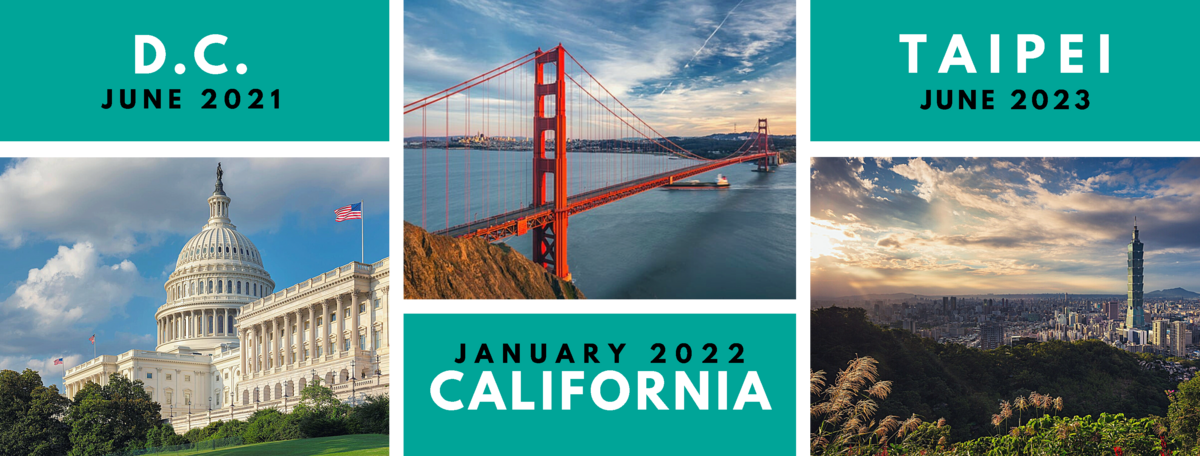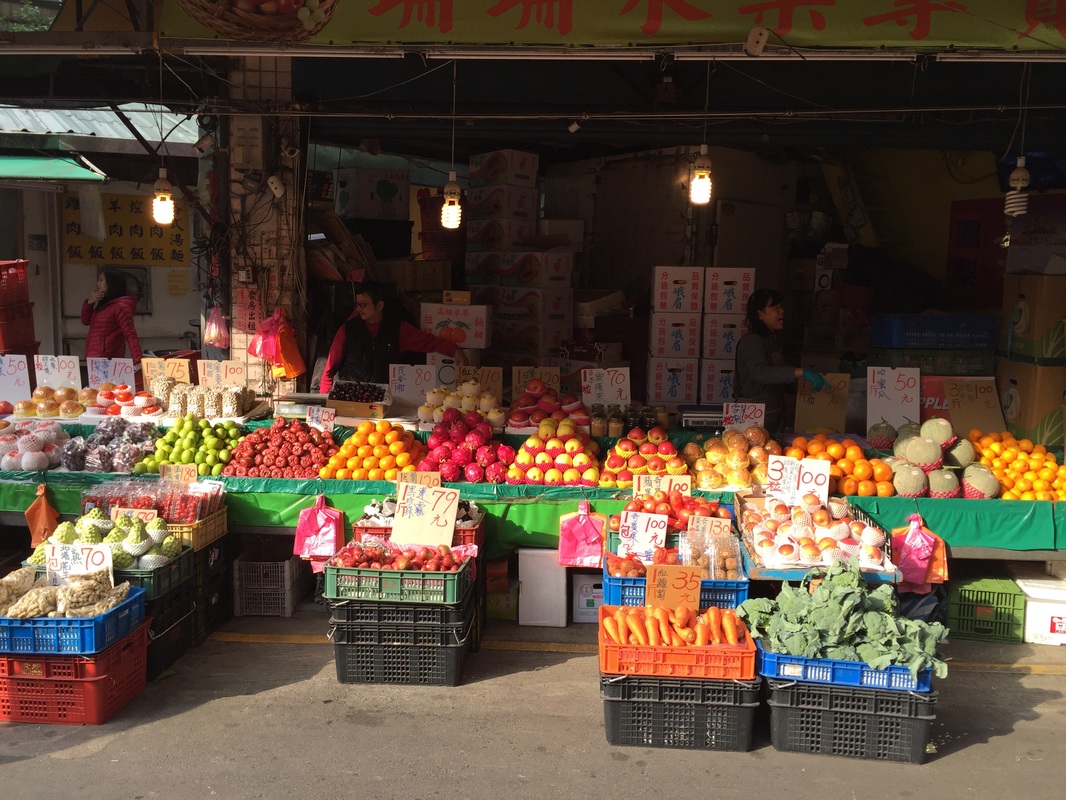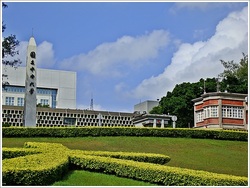Students in the fellowship will provide research and operational support, while also benefiting from mentorship and partaking in exclusive programming for the fellowship cohort. Students should expect not only guidance from their mentors and research supervisors, but also a chance to learn more about research, policy, and public affairs from influential leaders at Hoover and beyond. The fellowship will take place in-person throughout the academic year.
Applications due: Thursday, August 31, 2023 @ 11:59 PM.
Apply here. (You will need a valid Stanford email address to apply). Note that this is one of many possible research opportunities listed on the program website. The Taiwan project description is below:
Governing Taiwan: Making Democracy Work
The student fellow will provide research assistance on a book-length project to examine the evolution of Taiwan’s political institutions after its transition to democracy. The project seeks applicants with an interest in Taiwanese politics, East Asian Studies, political institutions, or the Taiwanese legal system. The successful candidate will have near-native reading proficiency in Chinese and some prior familiarity with Taiwan’s political history and institutions. A background in legal or political studies is a plus.








 RSS Feed
RSS Feed
